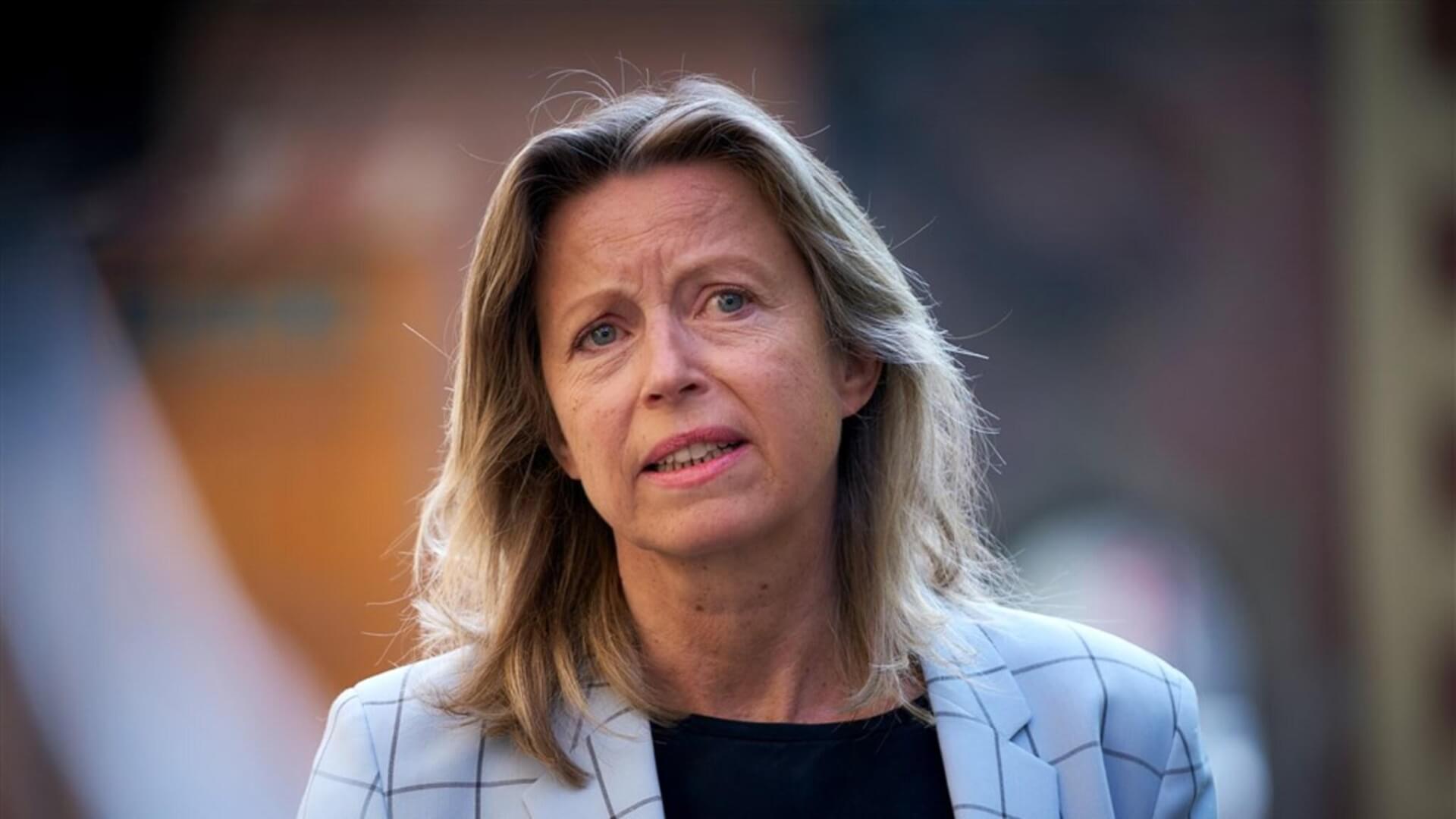The Netherlands offered its “deepest apologies” for Dutch peacekeepers’ role in the 1995 Srebrenica genocide, in which over 8,000 Bosniak Muslims were killed by Bosnian Serbs, but refused to accept any blame for the brutal massacre.
In the country’s first apology for its role in the incident, Dutch Defence Minister Kajsa Ollongren said that the international community had failed to provide “adequate protection to the people of Srebrenica” and accepted that the Dutch government also played a role in the “failure.”
In this regard, Ollongren said, “We cannot relieve you of this suffering. But what we can do is to look history straight in the eye.” Despite the apology, however, the Dutch defence minister said the only party to blame for the “horrific genocide” was the Bosnian Serb army.
The international community failed to offer adequate protection to the people of Srebrenica. And as part of that community, the Dutch government shares political responsibility for the situation in which that failure occurred. For this we offer our deepest apologies. pic.twitter.com/CwfNMyV122
— Kajsa Ollongren (@DefensieMin) July 11, 2022
Although the apology is a step further, Ollongren’s words more or less echo what the Dutch government has already said in the past. In 2002, the government of then-Prime Minister Wim Kok resigned in order to accept responsibility for the genocide, but stressed that the Netherlands was not to blame.
Similarly, just last month, Dutch PM Mark Rutte argued that Dutch peacekeepers in the Srebrenica enclave were given the “impossible task” of ending violence in Bosnia without being given sufficient resources. He added that the Dutchbat veterans are still angry about the “lack of mandate, equipment and military support during the deployment.”
The Srebrenica genocide is one of the darkest pages of European history.
— Council of Europe (@coe) July 11, 2022
In July 1995, 8372 Bosniaks, mainly men & boys, were brutally killed in and around Srebrenica.
The Mothers’ fight for justice is relentless and should inspire us all.https://t.co/sLJ9pLhsyt#Srebrenica27 pic.twitter.com/XUii2JdtV5
Rutte’s comments were criticised, with the families of the victims and survivors of the atrocities demanding that the Dutch apology should have been directed towards the Bosniak Muslims and not the peacekeepers. This reaction perhaps prompted Ollongren’s clearly stated apology this week, which coincided with the 27th anniversary of the Srebrenica genocide.
In 2019, the Dutch Supreme Court ruled that the Netherlands should compensate the survivors of the Srebrenica genocide after determining that the Dutch government was partially responsible for the death of 350 Muslim men who were removed from the UN protection zone despite the threat of them being “abused and murdered.”
.@USAID remembers the 8,000 Bosnian Muslims massacred in Srebrenica.
— Samantha Power (@PowerUSAID) July 11, 2022
50 more victims were laid to rest today. The youngest is Salim Mustafic—just 16 when he was murdered.
We will never forget those killed, and we honor their memory by fighting genocide denial in all its forms. pic.twitter.com/qMkYNNBVVq
Every year, on July 11, mass funerals of newly identified victims of the atrocities are held. The date marks the day Bosnian Serb General Ratko Mladic, who is currently in jail serving his sentence of over 700 years for his role in war crimes, took over Srebrenica. This year’s event was held after two years of COVID-19 restrictions.
The Srebrenica genocide is Europe’s only acknowledged incident of genocide since the Nazi-led Holocaust during World War II. The brutal incident occurred towards the end of the Balkan war in the 1990s when Bosnian Serb forces massacred 8,000 Muslim men and boys housed in a Dutch UN protection zone in Srebrenica with around 400 Dutch peacekeepers present. The peacekeeping forces, the Dutch government, and the UN have been criticised for their failure to prevent the incident.
Today is 27 years since the genocide at Srebrenica.
— Foreign, Commonwealth & Development Office (@FCDOGovUK) July 11, 2022
The world must not forget the lessons of those horrific events. We must be bold enough to prevent a repeat of history in Ukraine.
This must never happen again. pic.twitter.com/frfEznIUFE
The orchestrators of the attack then gathered the victims into mass graves, which they later dug out and spread to other burial sites to dilute evidence of their war crimes. According to the Missing Persons Institute of Bosnia-Herzegovina, the bodies of 1,200 victims of the atrocities have not been found yet.
The International Criminal Tribunal for the former Yugoslavia ruled that the slaughter was an “act of genocide” and was the worst single atrocity of the war, which was a result of the Bosnian Serbs’ “bloody crescendo” against the Croats and Bosniaks. The Tribunal charged over 50 Bosnian Serb officials for their role in the war. In 2020, the UN’s International Residual Mechanism for Criminal Tribunals turned down “Butcher of Bosnia” Mladic’s appeal against his 2017 conviction.

